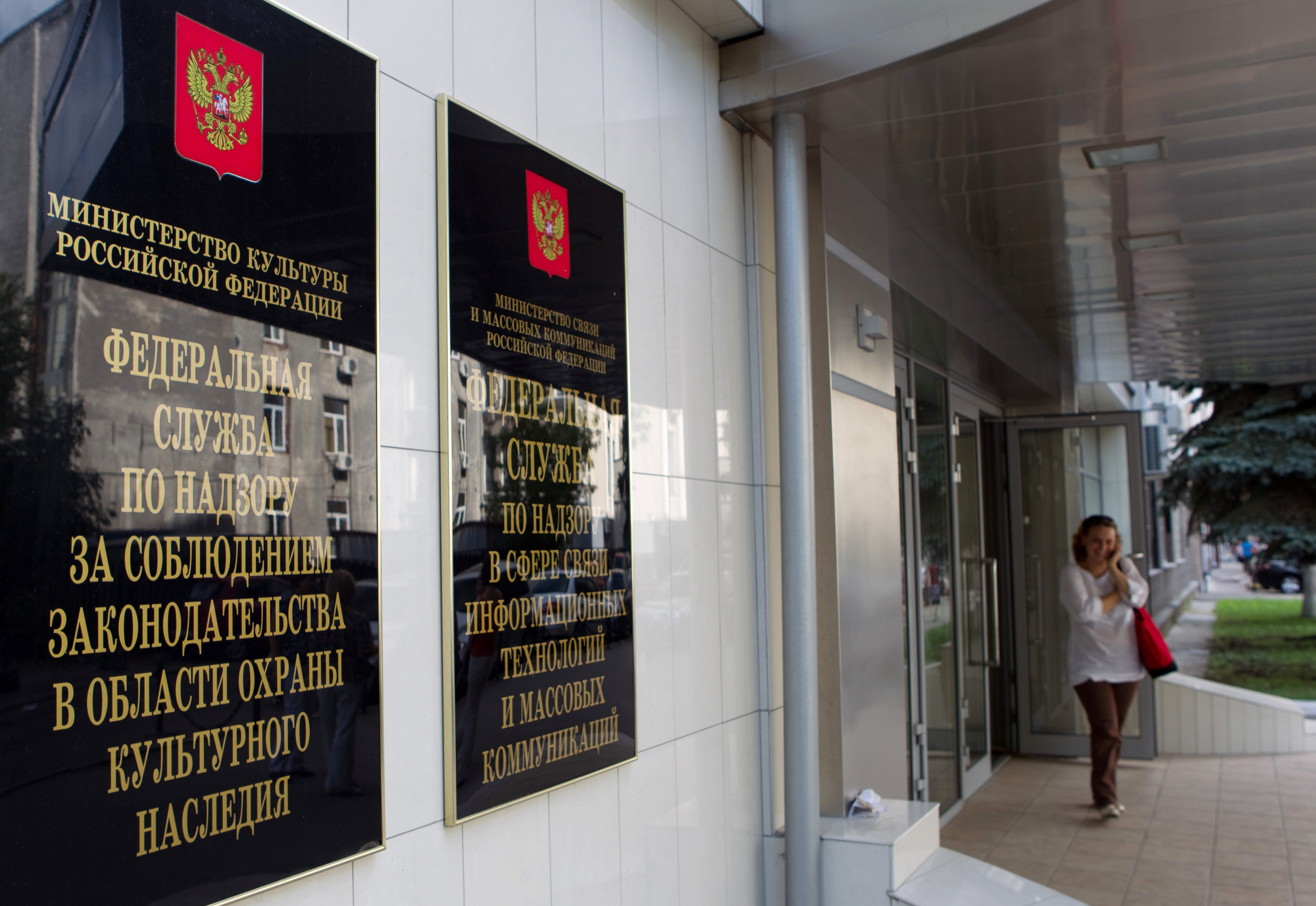By Gleb Kuznetsov, RAPSI
President Dmitry Medvedev routinely speaks about the overriding need to ensure compliance with copyright law. However, the Russian Legal Information Agency (RAPSI) learned that this multi-dimensional task is handled by just four federal employees with very limited authority.
The Federal Service for Monitoring Compliance with Cultural Heritage Protection Law (Rosokhrankultura) enjoys exclusive monitoring and supervision authority over copyright protection pursuant to the Federal Law “On the Protection of the Rights of Legal Entities and Sole Proprietors in Exercising Government Monitoring (Oversight) and Municipal Monitoring.”
However, the agency’s employees told RAPSI that their number and powers are inconsistent with the goals declared by the higher authorities.
Independent intellectual property rights experts believe the government should limit its interference in copyright protection issues to a minimum.
Oversight and monitoring functions
Rosokhrankultura Chief Expert Irina Lyashenko told journalists during a meeting in Moscow on June 2 that only four employees work in the copyright protection unit, including the unit’s head.
“We will probably become a part of the Culture Ministry in the fall,” Lyashenko said. “Then we’ll have six people in the unit. That’s six people for all of Russia, and there’s no other government agency in Russia authorized to oversee copyright issues.”
Only four employees in the unit investigate complaints about copyright violations and conduct planned “monitoring and oversight activities.” The complaints are investigated promptly and investigations normally result in correcting violations. However, scheduled inspections are strictly regulated.
In accordance with its action plan, Rosokhrankultura compiles a list of several tens of legal entities -- mostly publishers, cinemas and websites - with potential regulations violations every year by July. Once the list is approved by the Prosecutor-General’s Office, Rosokhrankultura investigates the suspicious activities. Lists compiled during the summer are approved by the Prosecutor-General’s Office no earlier than December.
The actual inspections may only be conducted the following year.
“The inspections are strictly regulated and the organizations are entitled to be notified about them in advance,” Lyashenko said. “The department’s officials must work in the presence of people representing a legal entity under investigation.”
However, if a copyright violation becomes known to Rosokhrankultura in the course of such an inspection, the latter cannot file an action. The agency can either require the transgressor in writing to correct the copyright violation or submit the inspection findings to the Prosecutor-General’s Office.
Alexander Vilinov, an expert at Rosokhrankultura, told RAPSI that legal entities tend to ignore the agency’s instructions. The agency is thus forced to submit its findings to the Prosecutor-General’s Office, but this also seldom yields any results.
“The Prosecutor-General’s Office hands down its findings to its subordinate units, which either don’t see any violations at all or return these findings to us, which means we are back to square one,” he said.
Vilinov believes the limited authority of the oversight agency doesn’t let regular people who can’t file a proper lawsuit themselves stand up for their rights.
Civil matters
The independent experts interviewed by RAPSI believe the government’s role in copyright protection should be limited to the enactment and enforcement of sensible laws, without assuming, as an unnamed lawyer put it, “socially dangerous policing functions.”
“Government involvement in affairs that should be addressed by civil society is a sign of a totalitarian regime,” lawyer Vladimir Entin said. “We should avoid this.”
He believes that delegating civil society’s authority to the government gives rise to abuses.
The lawyer is confident that Russia is properly equipped to protect copyright owners.
“One-fourth of the Civil Code provisions regulate the protection of copyright and neighboring right owners,” Entin said. “Even if the judicial practice in our country is somewhat flawed, it’s still heading the right way toward the better protection of infringed rights.”
Meanwhile, lawyer Alexander Glushenkov doesn’t believe government agencies working in copyright enforcement will expand their activities.
Speaking with RAPSI, he said Russian government agencies are not proactive in fighting intellectual piracy, and Article 146 of the Criminal Code on copyright infringement is only applied selectively and for demonstrative purposes.
“Nothing is initiated by the government,” he said. “But I’m all for minimizing government interference in this sphere.”
The lawyer believes that progress is slow in combating copyright violations due to poor legal awareness among lay persons as opposed to imperfect legislation or the government’s inertia.



